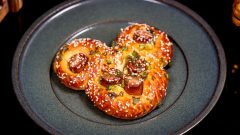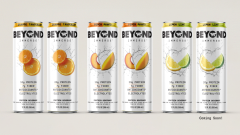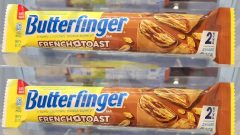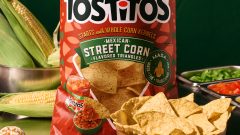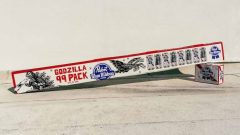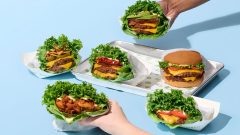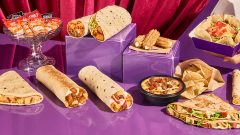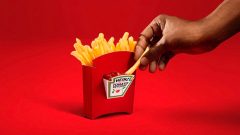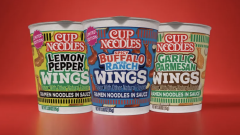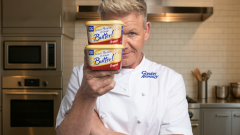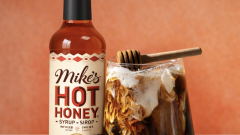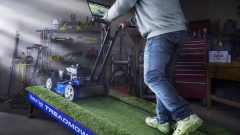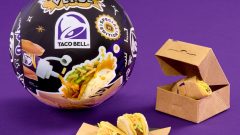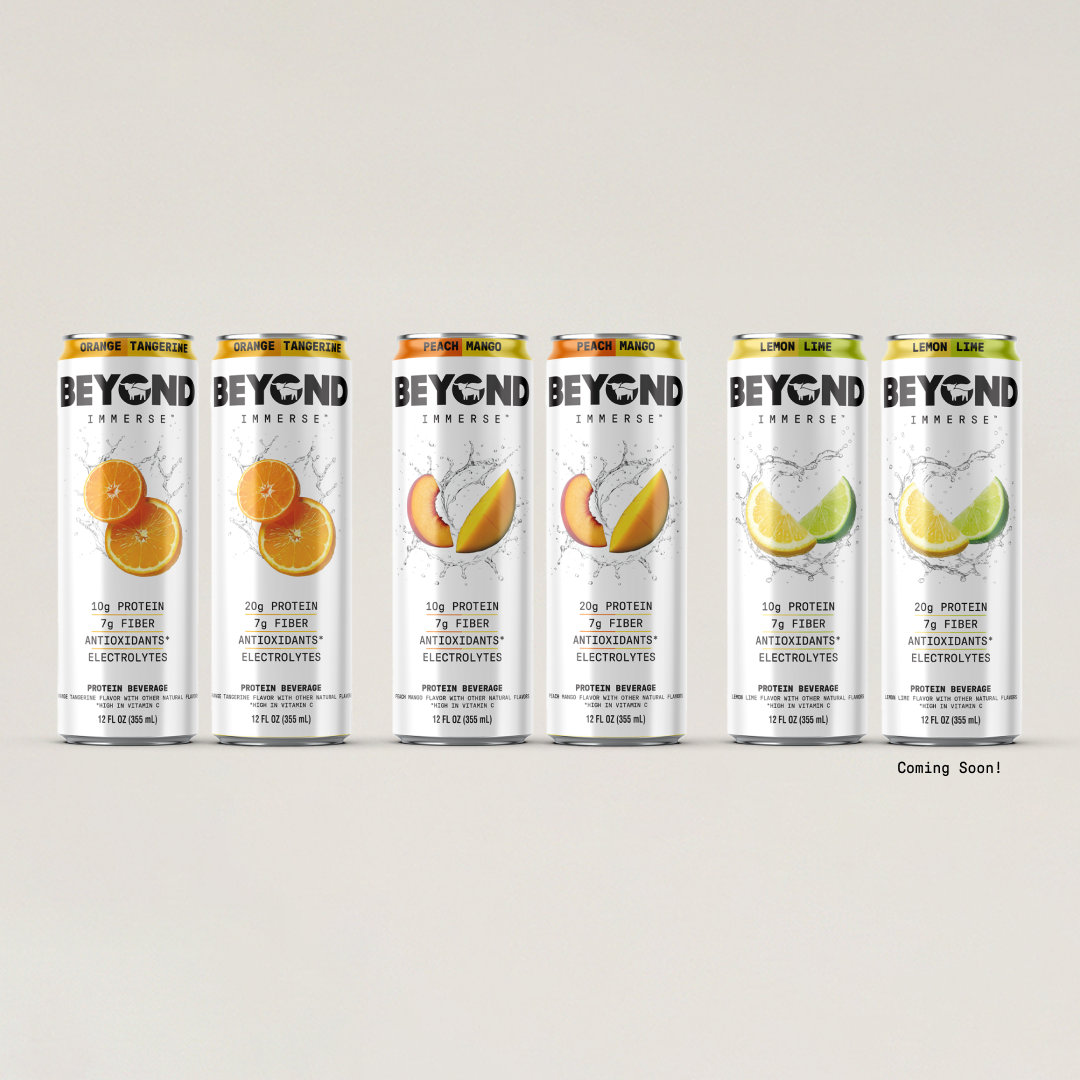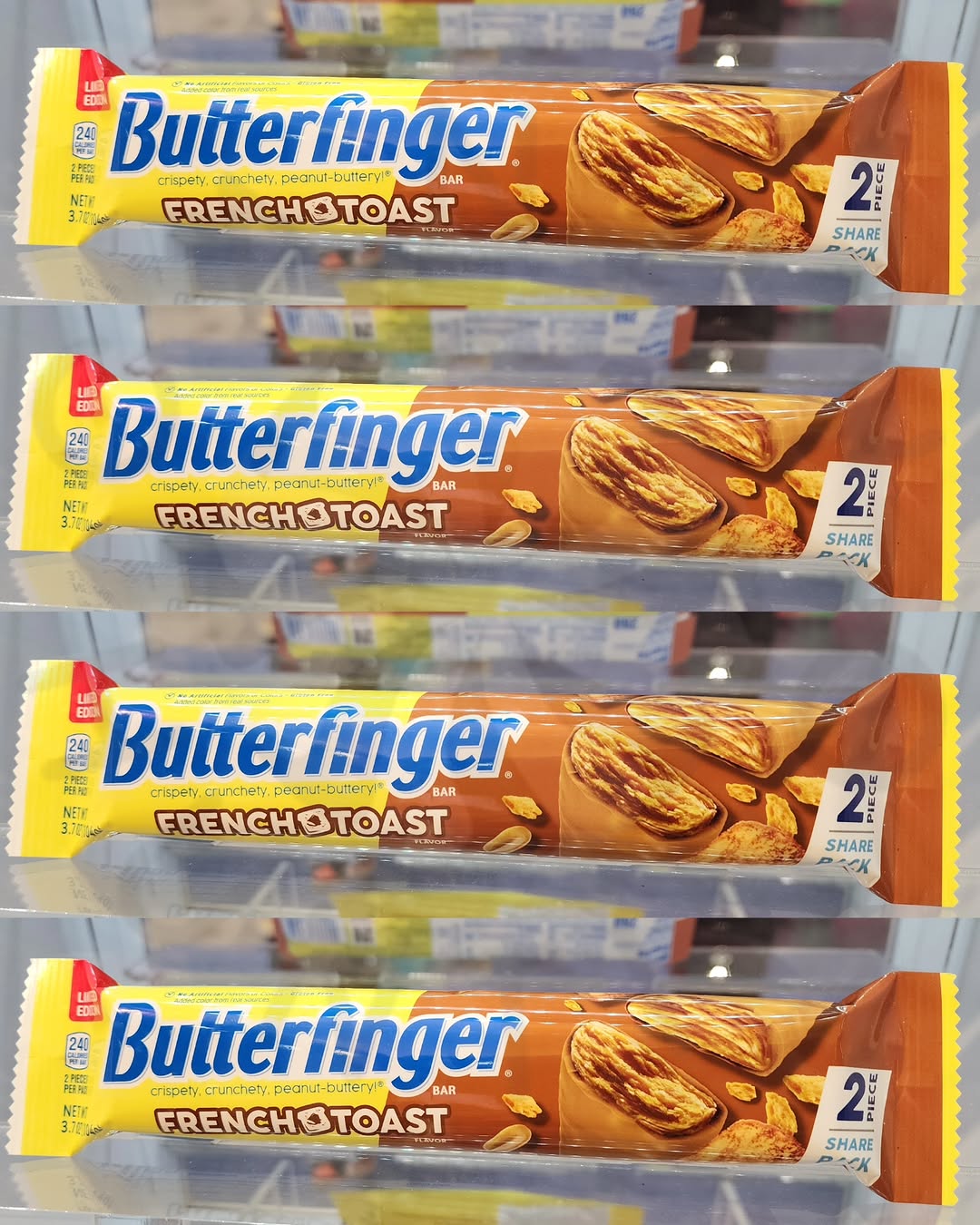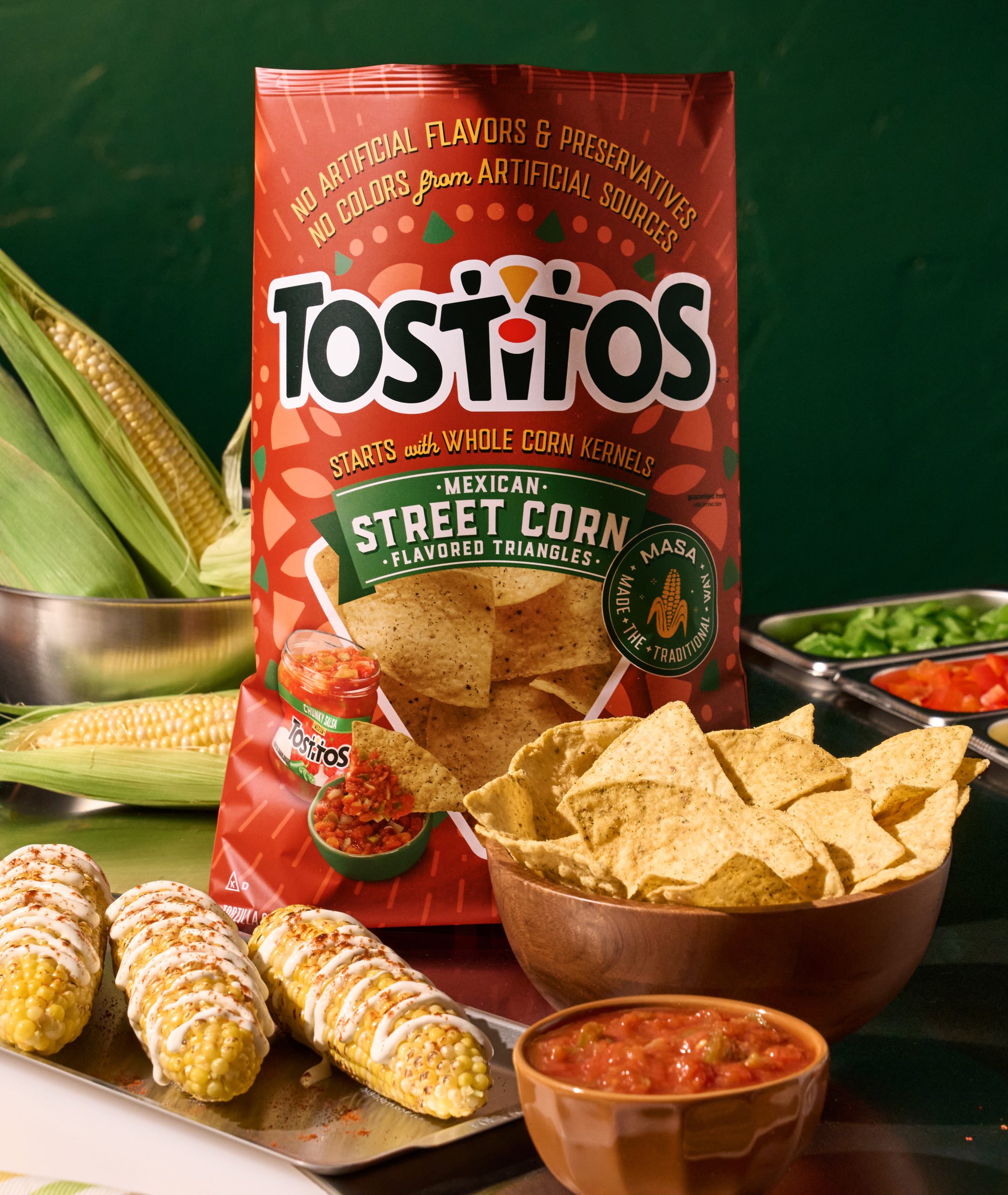5 Companies That Transform Food Waste Into Revolutionary Opportunities
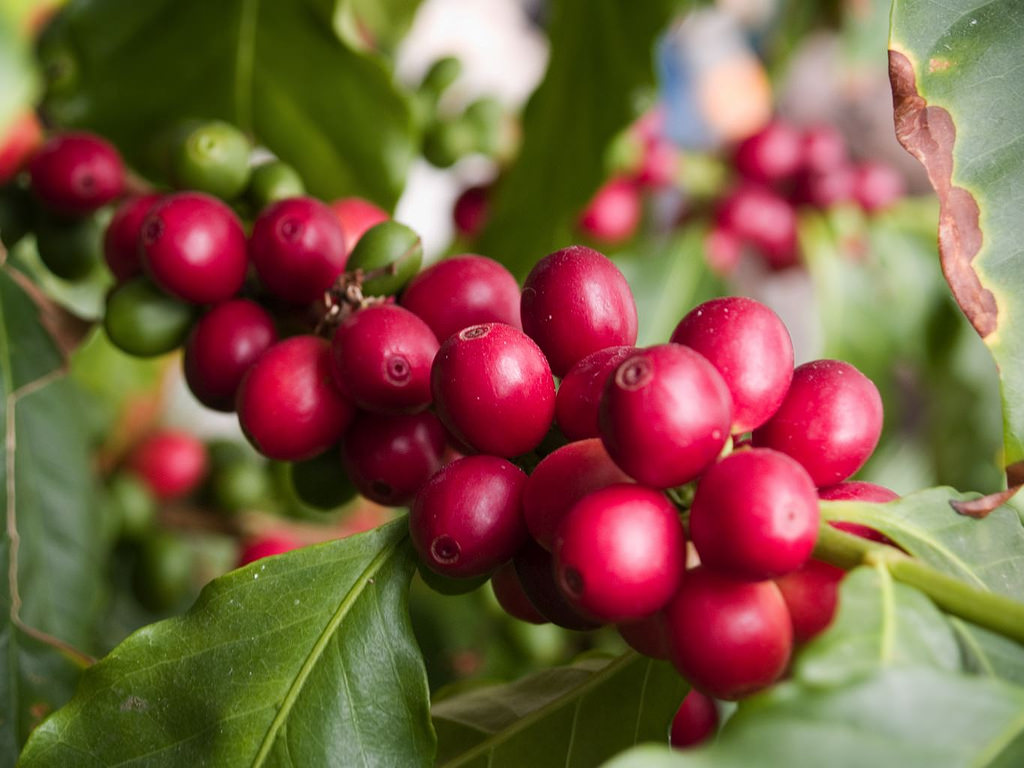
Farms, grocery stores, and homes send 60 million tons of edible food to the landfill annually while 40 million people in the U.S. struggle with food insecurity. Although those statistics are troubling enough, they leave out a significant amount of byproducts that are lost as a result of food processing.
Upcycling is popular in the do-it-yourself community as a way of taking what would be trash and repurposing into functional designs for the home. Edible upcycling is the idea of taking nutritious food byproduct as a result of our beer, juices, and cereal processes and repurposing it for versatile and delicious snacks.
Fortunately, there are a few companies who have seen this opportunity and snatched it up! These are the edible upcycling pioneers of byproducts.
1. ReGrained

Almost 200 million barrels of beer are brewed annually which means there is an enormous amount of nutritious grain ending up in landfills. Daniel Kurzrock and Jordan Schwartz of ReGrained discovered the possibility of repurposing the residual grain while home brewing in college.
In comes Supergrain+ flour, a concoction devised by the team to bring life to this byproduct in an incredibly versatile way. Supergrain+ is unique in its fiber and prebiotic constitution making it exceedingly nutritious. For now, ReGrained has produced granola bars using the flour, but are experimenting its uses. Just recently they tested a pasta recipe by substituting 20% of the usual flour with theirs and discovered that it increased the nutrition substantially.
In 2018 they upcycled about 40,000 pounds of grain and project to reach a million this year. Kurzrock shared that they envision closing the loop between breweries and the consumer to ensure this valuable byproduct is utilized to its full potential.
2. Toast Ale

Now what if the procedure was reversed? Bread is produced by the pounds in order to create the vision of abundance at grocery stores. Far too much bread is baked to satisfy customers even if it’s more than what will sell. Consequently, day old bread is tossed because it no longer appeals to an expectation of perfection despite its utility.
Toast Ale discovered a way to turn that abandoned, yet edible bread into a line of beer. They have developed Pale Ales, IPAs, and craft lagers from bread donated by Adelie Foods of London, UK. Additionally, Toast Ale collaborates with bakeries local to their brewery to create new beers named after its origin city such as Bristol, Sussex, and Nottinghamshire.
3. Coffee Flour

Harvesting of the coffee bean is often not thought of because of its universal presence. There is an abundance of coffee brands and shops to the point where it’s taken for granted. What we don’t realize is that coffee is often harvested by small farmers only three months a year. This means job insecurity is a resonating problem for these farmers for the majority of the time.
Coffee Flour identified a valuable part of the coffee plant that is wasted: the cherries. The coffee plant grows nutritious cherries along with the beans, but they are perceived as a useless byproduct. Farmers dump them in rivers or let them rot in piles without another alternative. This releases methane gas and pollutes valuable river resources.
The founders of Coffee Flour made a revolutionary move by converting these cherries into a nutritious flour containing a ton of fiber, iron, antioxidants, protein, and potassium. This flour can be then used in cookies, breads, granolas, and even ketchup. Not only does Coffee Flour help farmers reduce their pollution and waste, they provide them with a way to harvest throughout the year and secure a sustainable income
4. Wize Monkey

Similarly, Wize Monkey has identified the use of another unappreciated element of the coffee plant: the leaves. Coffee leaves contain beneficial antioxidants and anti-inflammatory properties, but are neglected just like the cherries. The founders of Wize Monkey worked with Nicaraguan farmers to conceive a coffee tea that has the smooth flavor of green tea with the potential to infuse effortlessly with other flavors.
Just like Coffee Flour, Wize Monkey has provided an avenue of income for Nicaraguan farmers without the need to work with a 3rd party company to produce their coffee tea. This could positively impact their education, stability in the home, and future generations to come.
5. Pulp Pantry

Thousands of pounds of organic pulp end up in landfill each week. This pulp actually contains half the nutrients of the original fruit or vegetable with only one-third of the sugar. Pantry Pulp devised a way to upcycle pulp into delicious and nutritious granolas. They source their pulp from juiceries such as Project Juice, Little West, and Made with Love Wellness and give it new life.

